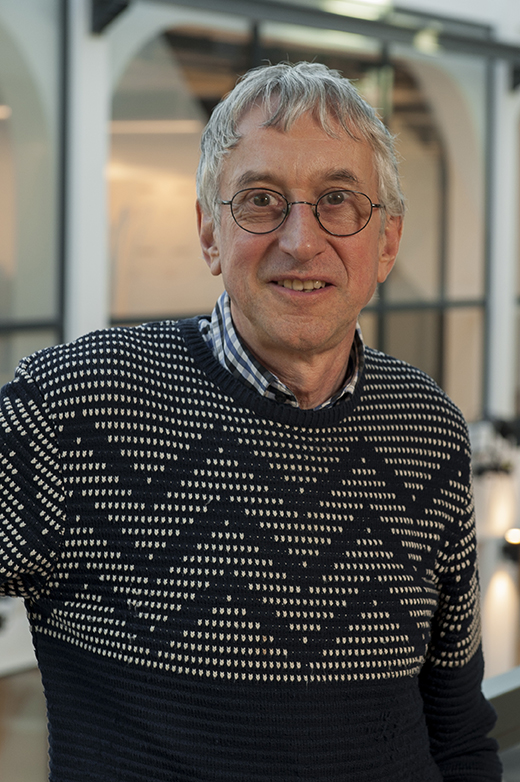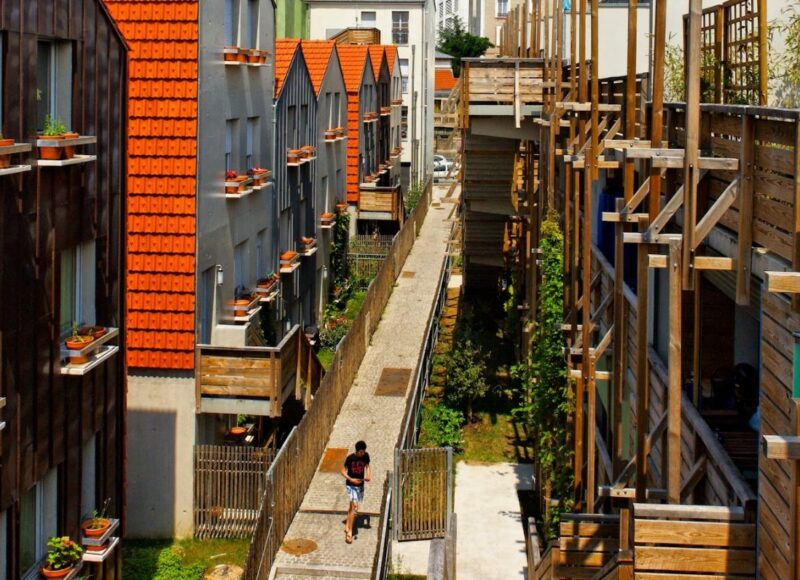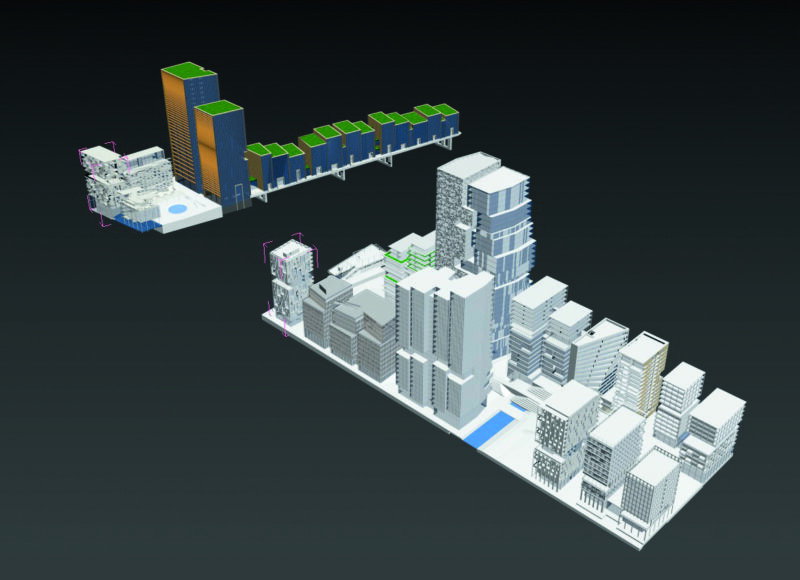Bruno PeuportierResearch Director
Ecole des Mines Paris-PSL
CES
CES
Bruno Peuportier is an engineer from the École Centrale de Paris, who holds a PhD from the University of Paris VI and an accreditation to supervise research (University of Cergy-Pontoise). He is currently research director at the lab recherche environnement. He has developed the COMFIE (thermal simulation of buildings) and EQUER (life-cycle assessment) softwares, led various demonstration projects concerning the construction or renovation of social housing, tertiary or school buildings, and coordinated several European projects on these themes.
Life-cycle assessment is a method to assess the environmental impacts of buildings and infrastructures throughout their life cycle, from the extraction of raw materials through to their end-of-lifetime handling.
Learn more
Buildings can be designed and operated to radically improve their energy efficiency and reduce their environmental impact.
Learn more
Scientific publications
Preprints, Working Papers, ...
A framework for integrating indoor air quality into the life cycle assessment of buildings: application to the sizing of ventilation rates
2024
Read more
Journal articles
Integrating effects of overheating on human health into buildings’ life cycle assessment
International Journal of Life Cycle Assessment, 2024, 29 (11), pp.2137-2150. ⟨10.1007/s11367-024-02353-3⟩
Read more
Journal articles
Enhancing life cycle assessment for reversible ground-coupled heat pump systems through dynamic analysis
Journal of Cleaner Production, 2024, 472, pp.143498. ⟨10.1016/j.jclepro.2024.143498⟩
Read more
Conference papers
Intégration des limites planétaires dans l'ACV des bâtiments et des quartiers, Integration of planetary boundaries and regionalisation of environmental impact calculation methods applied to buildings and districts
Conférence IBPSA France 2024, IBPSA France, May 2024, La Rochelle / Oléron, France
Read more
Conference papers
Comparison of 16 national methods in the life cycle assessment of carbon storage in wood products in a reference building
World Sustainable Built Environment 2024, Jun 2024, Virtual conference, Australia. pp.012059, ⟨10.1088/1755-1315/1363/1/012059⟩
Read more
Journal articles
Achieving net zero carbon performance in a French apartment building?
Energies, 2023, ⟨10.3390/en16227608⟩
Read more
Projects
A link between a microclimate model and a thermoaeraulic simulation tool was created to better assess the cooling potential of buildings by natural ventilation.
Learn more
This thesis focuses on the development of the life-cycle assessment of buildings in the Chinese context. It also made it possible to supplement the existing dynamic energy simulation tool by integrating a seasonal
Learn more
The coupling between the PowerRoad® positive-energy road simulation model and the Pleiades Comfie tool will make it possible to more accurately predict the operation of the PowerRoad system coupled to a building.
Learn more
Data from smart sensors makes it possible to better understand the behaviours of building occupants and improve the reliability of energy simulation.
Learn more
An optimisation procedure will be used to complete the environmental assessment of a block of buildings while reducing economic costs and the overall impact on the environment.
Learn more
The thermal energy of buildings exhibits the characteristics of systems on several time scales. The aim here is to resolve the optimal control of these complex systems more quickly numerically.
Learn more
The eco-design of zero-energy buildings involves the identification of optimal solutions, in reasonable calculation times, resulting from the analysis of several performance criteria, more influential parameters and
Learn more
A comparison between the existing methods for measuring in situ the determinants of the energy efficiency of buildings has identified their advantages and the limitations of the different approaches.
Learn more
A comparison between the simulation results and the measurements will supplement the previous work concerning the validation of the thermo-aeraulic model, which will then be applied to the study of predictive control
Learn more
Tools
This software program for life cycle assessment of neighbourhood projects is used to measure the environmental impacts from the manufacture of materials to the end of their life.
Learn more
This dynamic thermal simulation model of buildings anticipates energy consumption and the risk of discomfort in all seasons. Thanks to the Amapola module, this software program makes it possible to identify the least
Learn more
Pilot site
A development project in the Les Lumières Pleyel neighbourhood in Saint-Denis (93) is the testing ground for research work by MINES ParisTech and École des Ponts ParisTech.
Learn more
Practitioner group
Dynamic thermal simulation and life-cycle assessment are decision support tools that comprehensively assess the environmental performance of a building or neighbourhood project and guide its design in order to reduce the
Learn more
- About
- Research areas
- Scientific publications
- Projects
- Tools
- Pilot sites
- Practitioner groups






